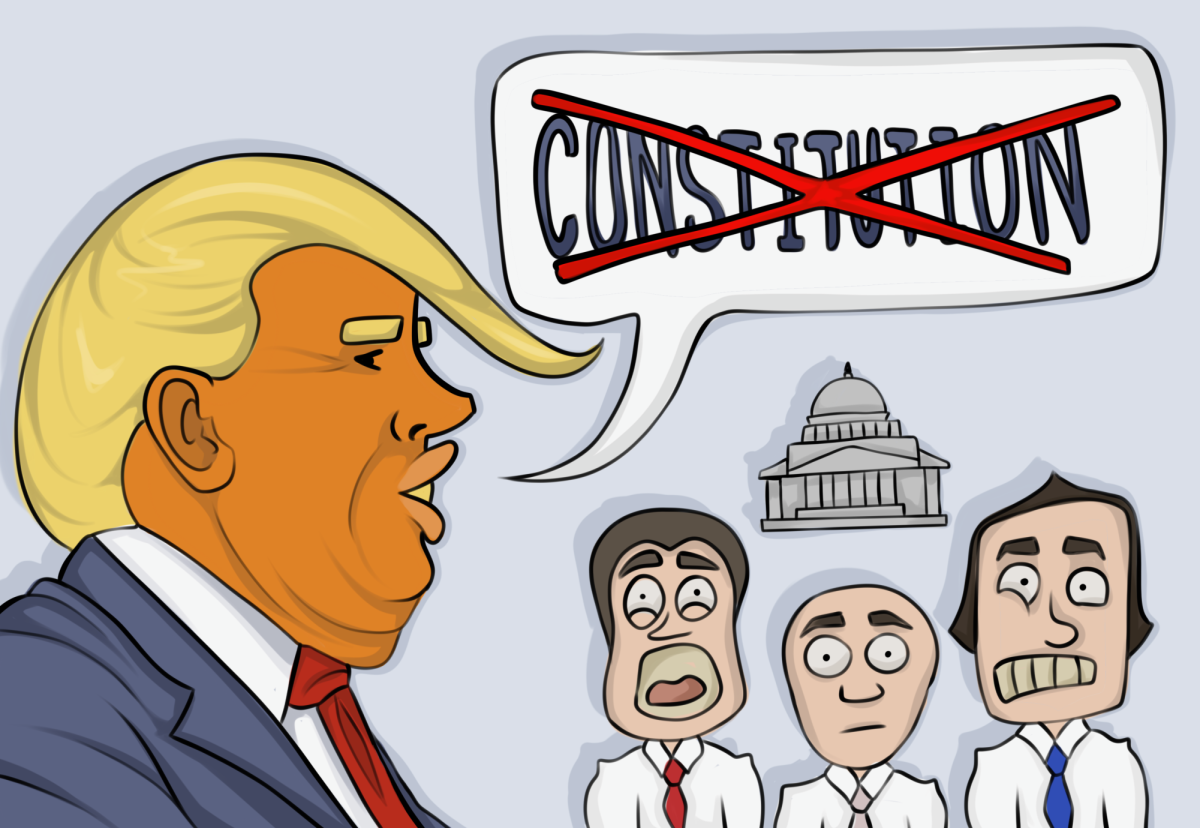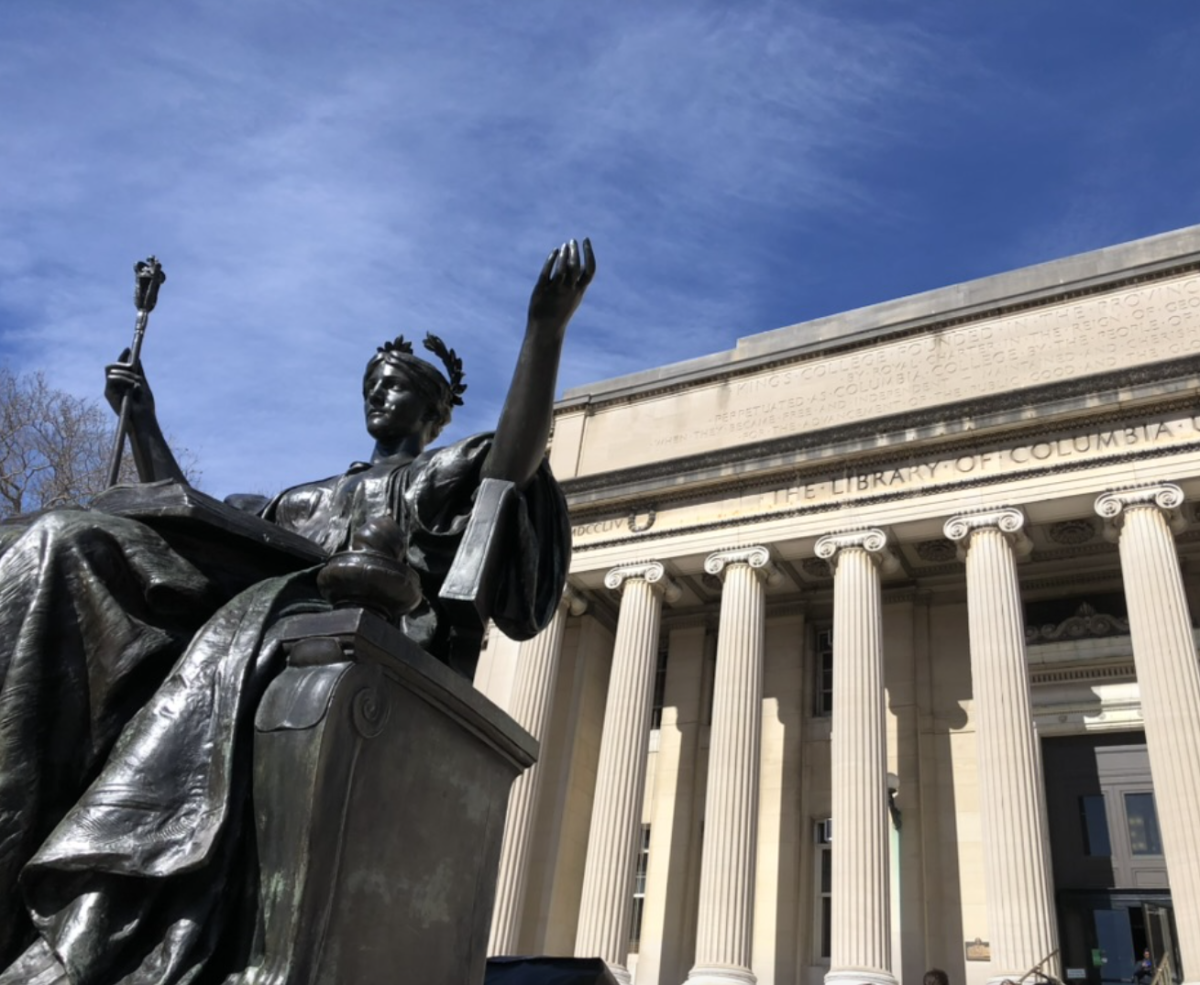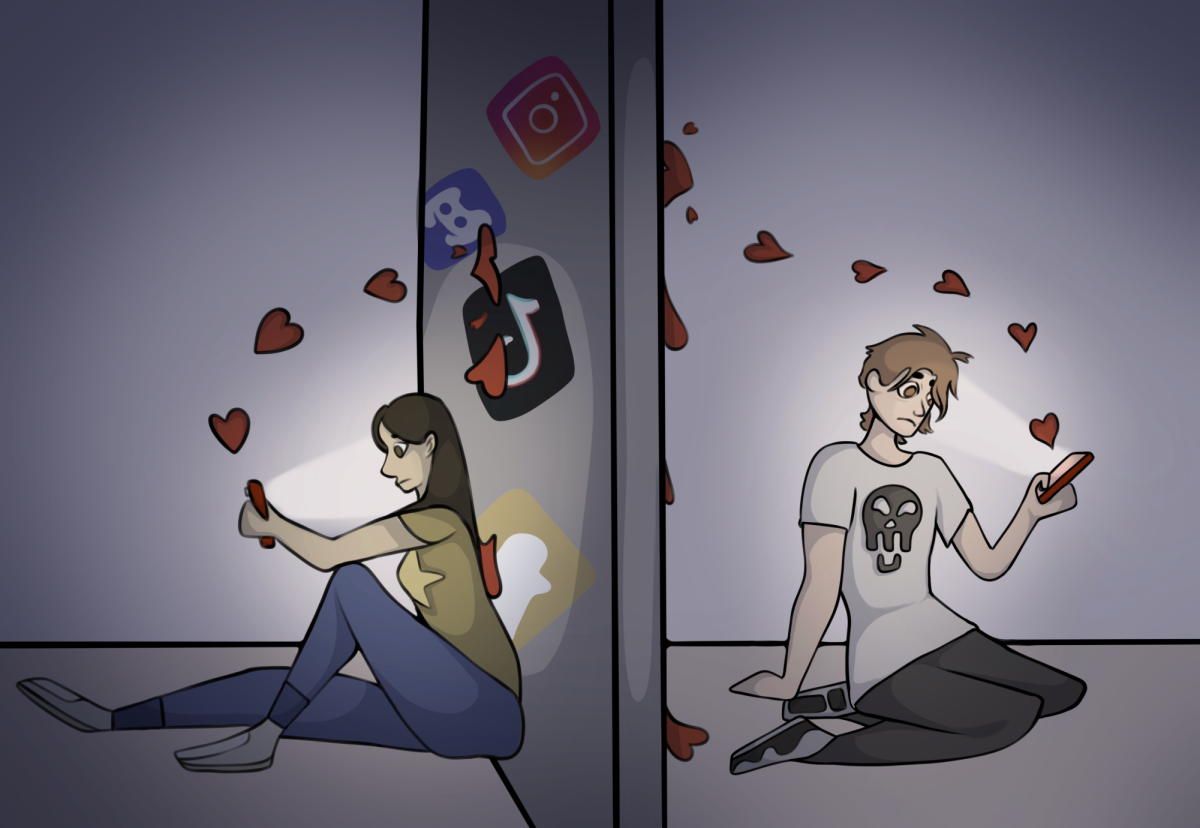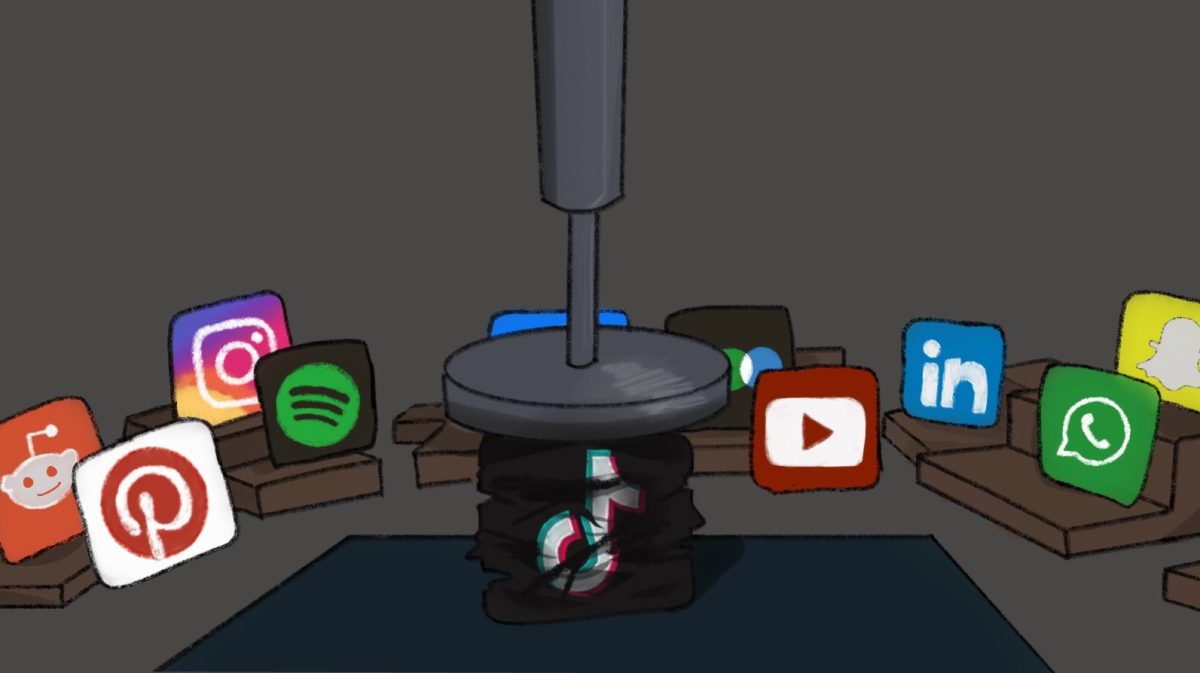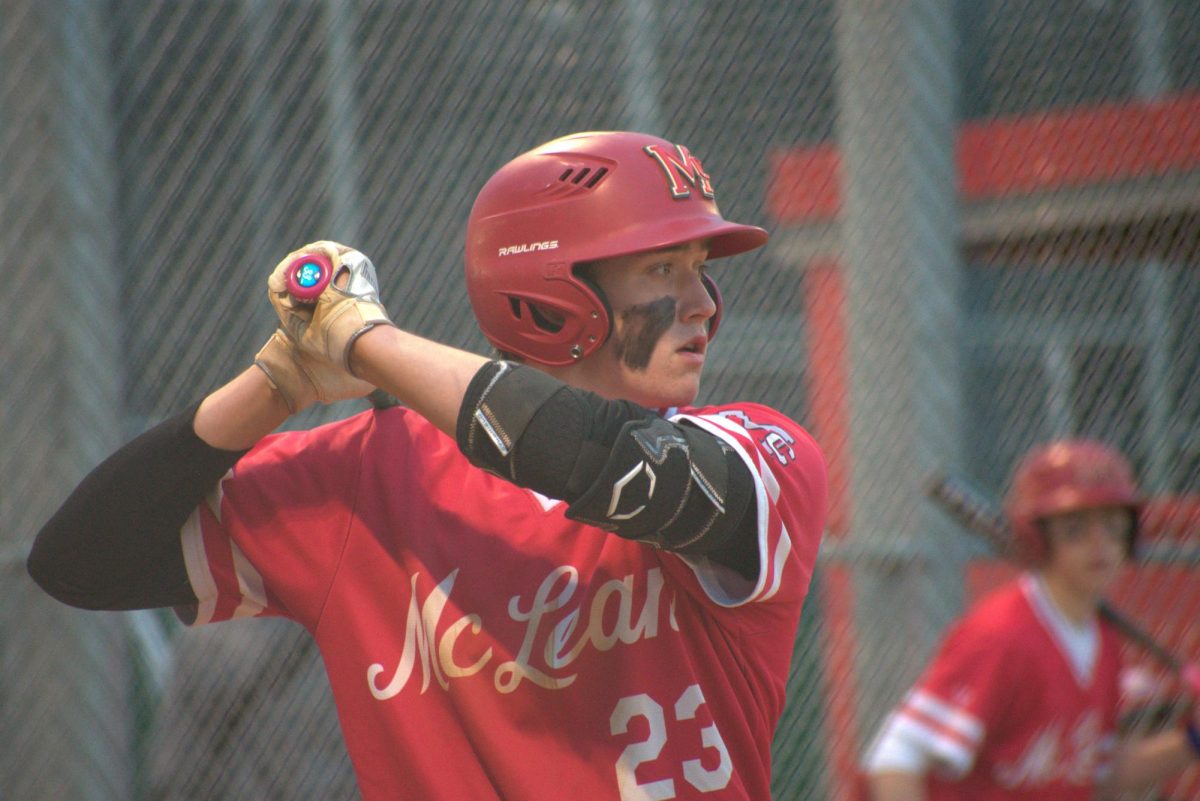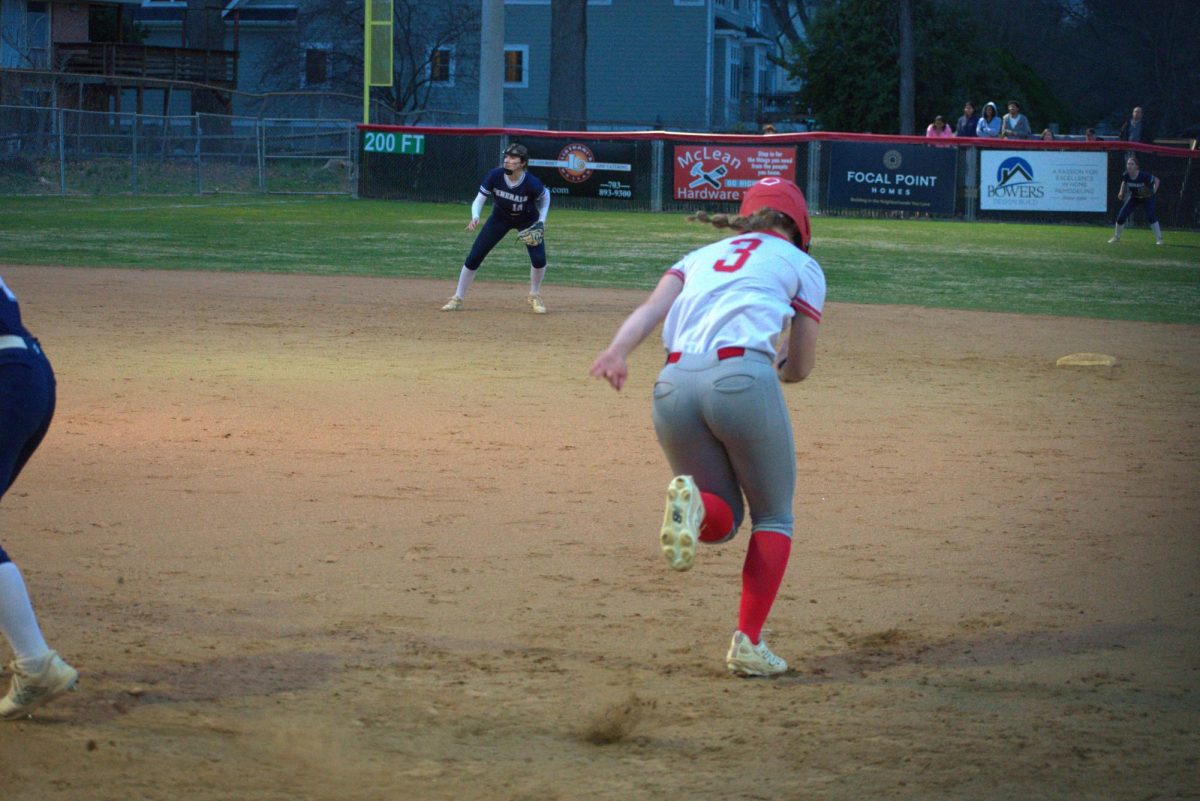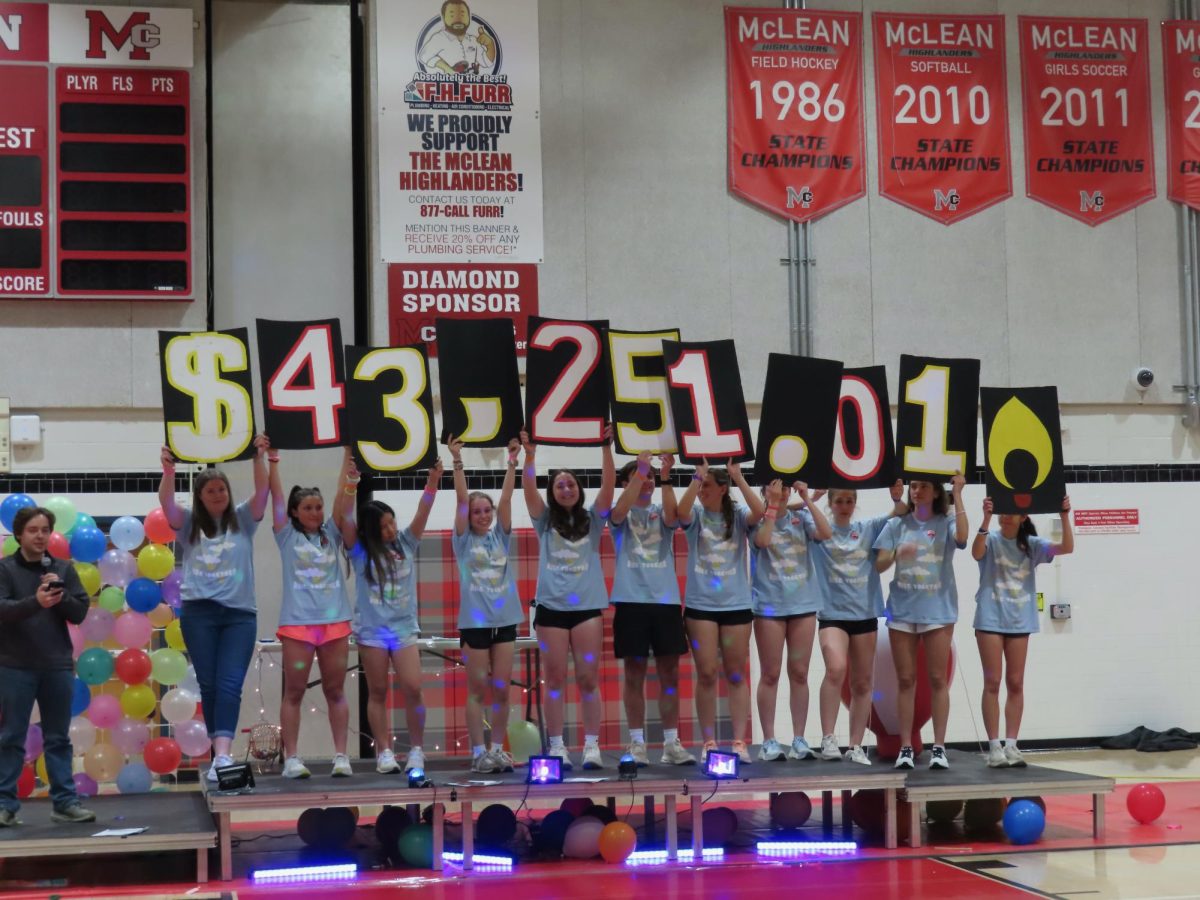On his first day in office, Virginia Governor Glenn Youngkin signed 11 executive actions. His first was banning Critical Race Theory (CRT) from being taught in public schools as an effort to “restore excellence in education.” It’s clear that this executive order harms Virginia’s public education system in the name of eliminating “divisive” material.
“Critical Race Theory is an academic concept that deals with how U.S. History, as well as racism, are understood,” AP Government teacher Karen McNamara said. “The core components of it include the idea that race is a social construct created by groups in history to classify people but has no actual scientific basis. [CRT] has been expanded to include so many things related to teaching or even talking about racial history that there is no widely accepted definition.”
It is vital that teachers still continue teaching the intersection of race and history, despite the executive order banning an ambiguous category of “divisive content.” There is importance to the vaguely-defined CRT and it is crucial that intersectional content is taught in public schools across Virginia, including Fairfax County.
“The justice and the legal system are the very foundations of America and they are meant to promote an equitable state and protect the public, but we are seeing remnants of racism permeate into current policies, and CRT is meant to address it,” senior Yanni Aknine said.
CRT allows for students to develop an understanding of how institutions and social systems in this country have been built to benefit some and harm others. It becomes increasingly important as students become older and enter the adult world, because they will be better equipped to address these institutional biases having been exposed to them in K-12 education.
Students will be able to gain a certain level of awareness regarding the systems that have upheld racism in this country for hundreds of years, and how it can be seen within legal systems today.
Students of color would also greatly benefit from CRT, as conservatives define it, being taught in schools. They would be exposed to a less Eurocentric education, allowing them to gain a better understanding of the true nature of the world they live in and how to recognize obstacles caused by systemic racism they may face in the future.
Many conservative parents and students have spoken out in support of Youngkin’s ban, with many claiming that the push from liberals to teach CRT will cause more harm than good. In particular, they point to instances where schools go too far; a recent “privilege” bingo game at a Fairfax County high school named being white or a child of a military parent a privilege, angering many conservatives and veterans.
“CRT is a very politically charged issue because conservatives, for the most part, tend to believe that [it] is something that is meant to polarize the public and target specifically white people as aggressors; however, that’s not the case at all,” Aknine said. “It is meant to address and spread awareness of inherent racism that is happening within the [justice] system.”
Schools should still have serious discussions about race and privilege, but they should be careful not to trivialize students or their families’ experiences. Using occasionally excessive material as an excuse to not teach these concepts in the 21st century is not admissible, and will only work to make Virginian students less knowledgeable about their country and world than those who attended K-12 schools in other states.
The vague ban on divise material also may cause some teachers to become more hesitant to teach any topics relating to race, as these lessons can often be seen as potentially divisive. At the same time, Virginia requires lessons on certain topics, such as Jim Crow laws, which seems to contradict the executive order.
How can teachers even begin to craft lessons on topics involving racial oppression and institutional bias without mentioning Virginia’s role in them? And what happens when a parent thinks instruction on how white traders cruelly shipped African slaves to the New World is offensive? Social studies without an acknowledgement of reality isn’t really social studies; it’s just propaganda.
“If Virginia’s Standards of Learning ask students to think critically about how racial decisions impact US History, can we do that and not violate a ban on someone’s definition of Critical Race Theory?” McNamara said.
Youngkin’s move to ban CRT is one of an ignorant individual who seems to value a “traditional” education over one that could help students become more knowledgeable about the intricacies of race in the U.S., which could be detrimental to the future of our society.
“[CRT] lends a hand to individuals so they can understand how much race has played a part in American culture and American history,” Young Democrats senior board member Aria Huffman said. “This storyline has been purposefully erased from American curriculum for many years, and it is important to reintroduce the true history of America in order to not make the same mistakes that so many white Americans have already made.”
Youngkin’s CRT ban is the wrong move
New Virginia Governor makes a poor first executive order
Donate to The Highlander
$335
$1000
Contributed
Our Goal
Your donation supports the McLean High School's independent, award-winning news publication.
More to Discover


